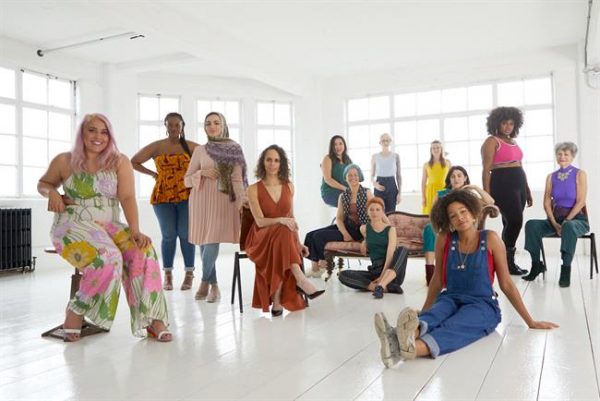By Brittaney Kiefer

Unilever has said it will eliminate the word “normal” from its beauty and personal care brands’ packaging and advertising, as part of a programme calling for a more inclusive beauty industry.
The company is rolling out the new global strategy, called “Positive Beauty”, across more than 100 beauty and personal care brands within its portfolio, including Dove, Lifebuoy, Axe and Sunsilk. It aims to “champion a new era of beauty which is equitable and inclusive, as well as sustainable for the planet”, Unilever said.
Do you sell online? Chances are you do. Join us on March 17th at Campaign Online Briefing event on E-commerce 2021 – Acquisition and Retention to find out how to acquire and retain customers in the fast-changing world of modern e-commerce.???
Unilever reviewed and counted more than 200 products globally that include the word “normal” on the product label, as well as “several hundred items” of brand communications featuring the word.
In addition to removing the word “normal” from ads and packaging, Unilever said it would no longer digitally alter a person’s body shape, size, proportion or skin colour across its own brand advertising and the advertising of its influencers. It also promised to increase the number of ads portraying people from diverse and underrepresented groups, and to accelerate the research, development and design of products for underserved consumer groups.
It said it would use more natural, biodegradable and regenerative ingredients across its product portfolio and help to protect and regenerate 1.5 million hectares of land, forests and oceans by 2030. It also backed a global ban on animal testing for cosmetics by 2023 – 23 Unilever beauty and personal care brands are approved by the animal rights organisation PETA but it aims to add more to that certification.
Sunny Jain, president of beauty and personal care, said: “With one billion people using our beauty and personal care products every day, and even more seeing our advertising, our brands have the power to make a real difference to people’s lives. As part of this, we are committed to tackling harmful norms and stereotypes and shaping a broader, far more inclusive definition of beauty.
“We know that removing ‘normal’ from our products and packaging will not fix the problem alone, but it is an important step forward. It’s just one of a number of actions we are taking as part of our Positive Beauty vision, which aims not only to do less harm but more good for both people and the planet.
“With more consumers than ever rewarding brands which take action on the social and environmental issues they care about, we believe that Positive Beauty will make us a stronger, and more successful business.”
Unilever commissioned a study of 10,000 people and found that seven in 10 respondents agreed that using the word “normal” on product packaging and advertising has a negative impact. For younger people – those between the ages of 18 and 35 – this rises to eight in 10.
Since 2016, Unilever has spearheaded the Unstereotype Alliance, a partnership with other major advertising companies and UN Women to tackle gender stereotyping in advertising.









